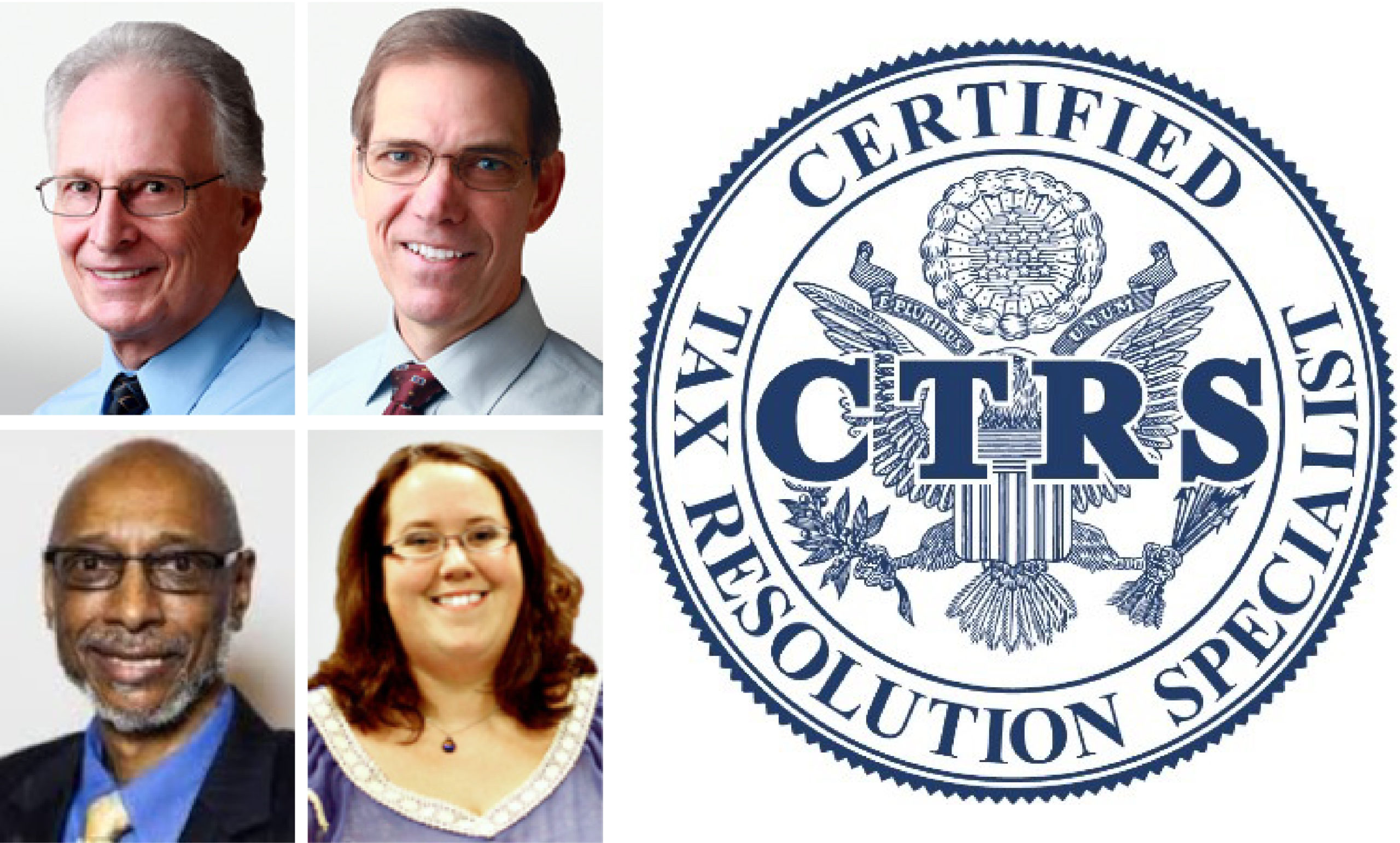Receiving an IRS notice can be a stressful experience, especially for real estate investors who often deal with complex transactions and substantial amounts of money. However, understanding the steps to take and addressing the notice promptly can help mitigate any potential issues. Here’s a guide on what to do if you find yourself in this situation.
1. Don’t Panic
The first and most important step is to stay calm. Not all IRS notices are bad news; some may simply be informational or require minor corrections. Panicking can lead to hasty decisions that might complicate the situation further.
2. Carefully Read the Notice
Take the time to thoroughly read the notice. The IRS notice will contain specific information about the issue, including:
- The type of notice: Different notices address different issues, and understanding the type of notice you’ve received is crucial for determining the next steps.
- CP2000: This notice indicates that the IRS believes there is a discrepancy between the income or payment information they have on file and what you reported on your tax return. It’s often related to underreported income.
- CP2501: This is sent when the IRS has received information that doesn’t match the income or deductions you reported. It’s similar to CP2000 but often involves more significant discrepancies.
- CP501: This notice is the first reminder that you have a balance due on one of your tax accounts.
- CP503: This is a follow-up notice reminding you that you still have an unpaid balance.
- CP504: This notice informs you that the IRS intends to levy your state tax refund or take other collection actions if you don’t pay your balance.
- CP90/CP297: These notices inform you of the IRS’s intent to levy certain assets and explain your right to a hearing.
- Letter 2205-A: This letter is sent to notify you that your tax return has been selected for an audit.
- Letter 3219 (90-Day Letter): This notice of deficiency gives you 90 days to dispute the IRS’s proposed adjustments in Tax Court.
- The tax year in question: The notice will specify the tax year for which there is an issue.
- The reason for the notice: It will explain why the IRS is contacting you, whether it’s for underreported income, late payments, discrepancies in reported income, or other reasons.
- The proposed changes to your tax return or balance due: The notice will detail what changes the IRS proposes and the resulting impact on your tax return.
Understanding these details is crucial for determining the next steps.
3. Verify the Information
Compare the information in the notice with your tax records. Mistakes can happen, and sometimes the IRS may have incorrect or incomplete information. Verify all the figures and ensure there are no discrepancies. Look for any errors in reporting income, deductions, or credits.
4. Gather Supporting Documentation
If you believe the IRS notice is incorrect, gather all supporting documentation that can substantiate your position. This might include:
- Receipts and invoices for expenses
- Bank statements
- Property transaction records
- Lease agreements
Having organized and thorough documentation will strengthen your case when responding to the IRS.
5. Respond Promptly
Timely response to an IRS notice is critical. The notice will include a deadline by which you must respond. Ignoring the notice can lead to penalties, interest, and further collection actions. Depending on the type of notice, you might need to:
- Pay the amount due
- Provide additional information or documentation
- File an amended return
6. Consider Professional Help
If the issue is complex or if you are unsure how to respond, seeking professional assistance can be invaluable. A tax professional, such as a CPA or an enrolled agent, can help you navigate the intricacies of the tax code, communicate with the IRS on your behalf, and develop a strategy for resolving the issue.
How Lawler & Witkowski CPAs Can Help You with IRS Problems
At Lawler & Witkowski CPAs, we understand the unique challenges that real estate investors face when dealing with IRS issues. Our team of experienced tax resolution specialists is dedicated to providing personalized and effective solutions to help you resolve your tax problems. Here’s how we can assist you:
- Comprehensive Review: We will thoroughly review your IRS notice and tax records to identify any discrepancies and understand the full scope of the issue.
- Professional Representation: Our experts will represent you before the IRS, handling all communications and negotiations to ensure your interests are protected.
- Documentation and Compliance: We will help you gather and organize all necessary documentation to support your case and ensure compliance with IRS requirements.
- Strategic Solutions: Whether it’s negotiating a payment plan, seeking penalty abatement, or disputing inaccuracies, we will develop a tailored strategy to resolve your tax issue efficiently.
- Peace of Mind: Dealing with the IRS can be daunting, but with our professional assistance, you can have peace of mind knowing that your case is in capable hands.
If you’ve received an IRS notice or are facing any other tax-related issues, don’t hesitate to reach out to us at Lawler & Witkowski CPAs. Contact us today to schedule a consultation and let us help you get back on track with your real estate investments.


